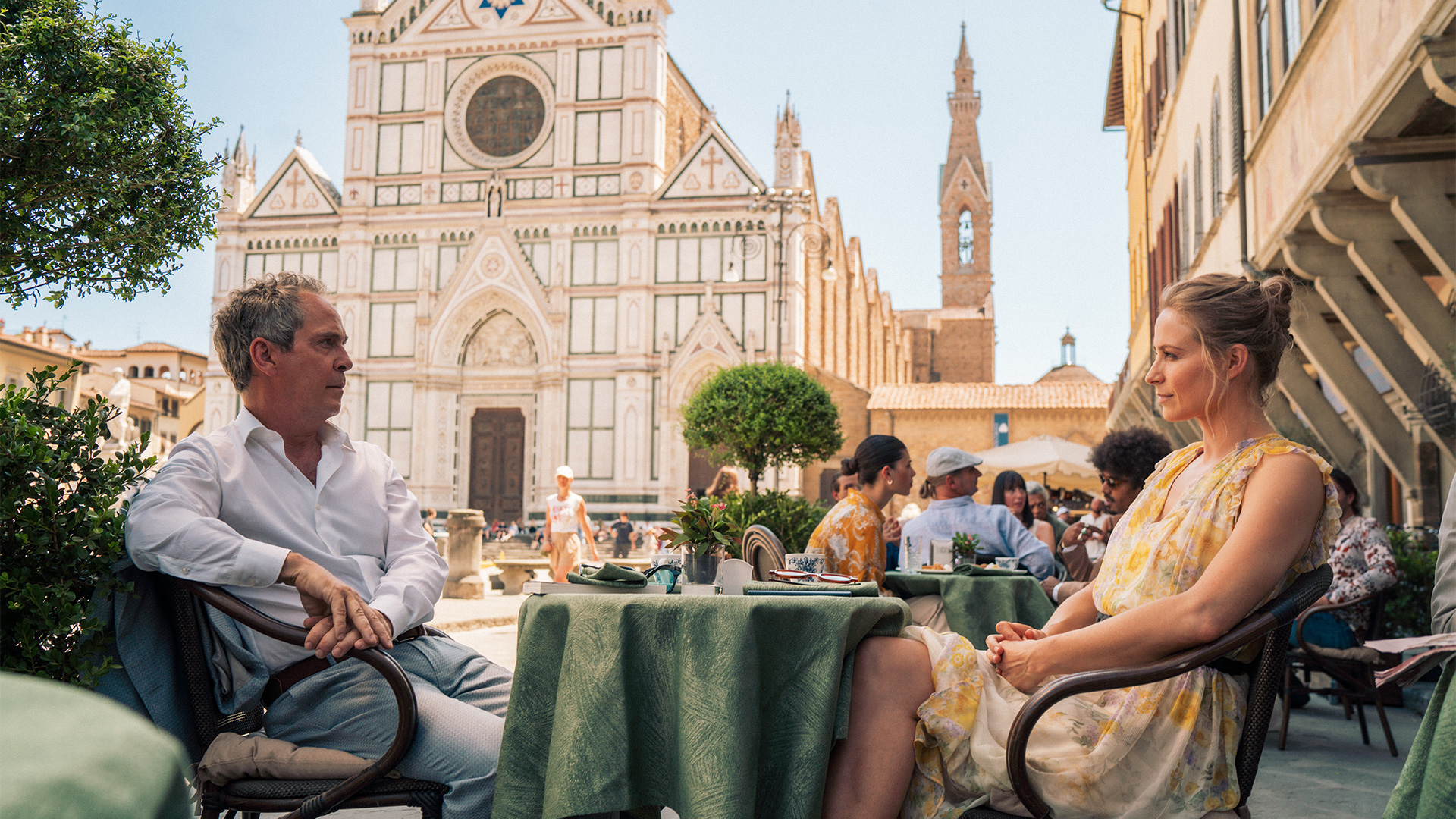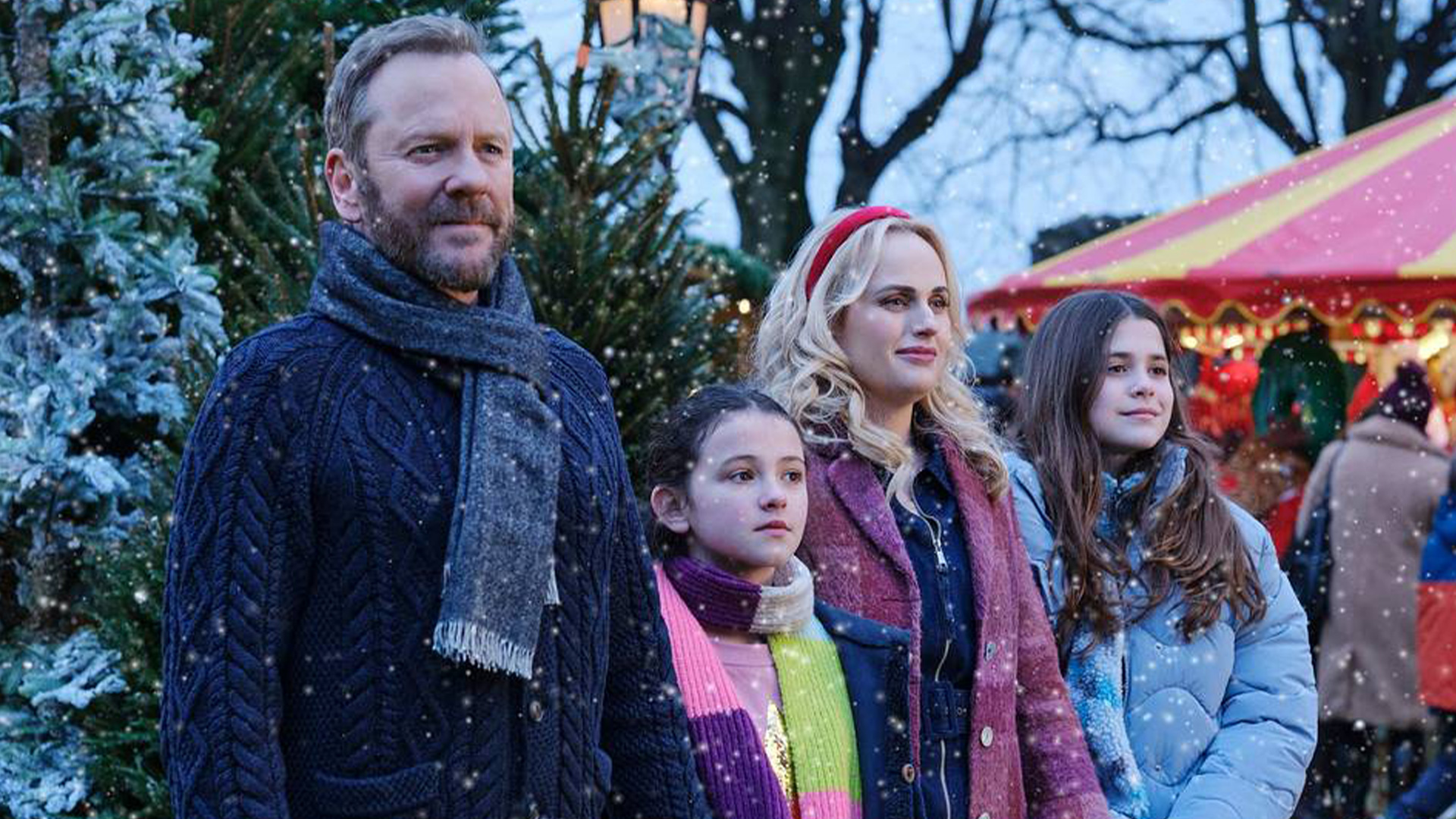Sunday with Niall Paterson Interview with Andrea Leadsom MP
ANY QUOTES USED MUST BE ATTRIBUTED TO SUNDAY WITH NIALL PATERSON, SKY NEWS
NP: A very busy week for the Conservative party. It appears there is agreement of sorts around the future relationship that we want to have with the European Union, we saw Ken Livingstone coming back into politics potentially and of course a number of votes ahead in the House of Commons which certainly could be interesting. Let’s discuss all of that with someone who knows a lot about the votes in the House of Commons, the Leader of the House of Commons, Andrea Leadsom, lovely to see you, thought we weren’t going to get you there. Ms Leadsom, new rules to protect parliamentary staff from harassment are to be voted on this week, you yourself led the cross-party review. I mean, is this the system that will finally put an end to the poor behaviour and even worse?
ANDREA LEADSOM: Well I sincerely hope so. When the Prime Minister asked me to chair that group it really was an enormous amount of work, we took a huge amount of evidence from different groups, from staff, from people who work around and in parliament and yes, I think what the ambition is is to be amongst the best employer and place to work and be treated with dignity and respect and that is the plan.
NP: Well we wish you well with that. A straightforward question – will we be coming out of the European Union on March 29th 2019?
ANDREA LEADSOM: Yes, we absolutely will. That is, as the Prime Minister made clear right from her Lancaster House speech, we will be leaving the European Union, the single market, the customs union, we’ll be taking back control of our borders and our laws and that is absolutely our plan.
NP: This is the confusing thing to me, on the 30th March 2019 we will still have ECJ oversight so no sovereignty, we won’t even have the £350 million that was promised for the NHS, we won’t have complete control of our borders. In what way is that leaving the European Union?
ANDREA LEADSOM: Well what we are seeking to do is to get the best freest possible trade deal with our EU friends and neighbours, that’s in all of our interests that we do that. We’ll be continuing to collaborate together on issues around security and in terms of how we approach the rest of the world, on foreign and defence and so on, but at the same time we want to make sure that for businesses and for individuals living in the UK and around the EU only have to make one set of changes so we’ll be having an implementation period which means that the changes that take us to our new relationship with the EU have time to bed in and be properly up and running before such time as we finally move to those new arrangements. So we are leaving the EU in March 2019 as set out under all of our plans but at the same time that implementation period will enable a smooth transition for businesses and for people.
NP: So what was agreed at Chequers this week? I wasn’t there, I know you weren’t there but you are probably more likely to have David Davis’s mobile number than I am.
ANDREA LEADSOM: Well essentially it was a very positive discussion and the Prime Minister will be speaking about that on Friday following a further discussion with Cabinet so I can’t give you details right now of what was discussed but suffice to say it was a very positive discussion. All of those who were at that particularly sub-Cabinet Committee meeting were in agreement at the end of it and the intention is that we will indeed be leaving the European Union and that we will have arrangements for free trade with our EU friends and neighbours that work for all of us.
NP: It did seem in the immediate aftermath of the Chequers meeting that the harder Brexiteers had won the day, all the talk was of divergence but now we hear talk of managed divergence, of putting different economic activity into different baskets with different levels of divergence. In what way would the European Union agree to that because it’s not this one?
ANDREA LEADSOM: Well, you know, the reality is that when you look at the practicalities of trade there are certain areas like certain supply chains where it is vital for all interests that you have similar rules. In other areas where there aren’t complex and time limited supply chains it is perfectly possible to diverge and what the Prime Minister has always been clear about is that we will seek an arrangement that works for all of us. Now our EU friends export to us and an enormous amount than we do to them and it’ll be in their interests and the interests of French farmers and the interests of German manufacturers that they continue to have free low or zero tariff and zero or low non-tariff barrier arrangements with the United Kingdom.
NP: But surely either the European Union won’t let us cherry pick which economic activity goes into which basket, you want to put the automotive industry here, you want to put bits of agriculture here – either that or they themselves will cherry pick and place economic activity in the baskets that best suit them. In either situation we come off worse.
ANDREA LEADSOM: Well I don’t agree with that actually. Where we have close collaborations with the EU, as things stand today we have exactly the same rules, we have been exactly implementing the same rules, directives, legislative arrangements as the EU in terms of trade for the last 43 years so when we start in our new relationship outside of the EU, through our EU Withdrawal Bill we will have brought into UK law all of those rules and regulations so that the day after we leave things will look exactly the same as the day before we leave. So it’s at that point it’s there where you’re looking at what areas will we want to diverge away, possibly in the area of for example animal welfare where possibly we will want to have higher standards or in the areas of financial services where financial services are a very big part of our economy, much more so relative to the size of our overall economy, than is the same for the European Union and we may want to have slightly different rules. It should be possible in agreement amongst ourselves to do that.
NP: It’s possible but it is difficult to see that the European Union will agree to this. I just want to ask a quick question though, do you ever sit at night by the fire with your head in your hands and think, do you know what, I could do a better job than Theresa?
ANDREA LEADSOM: I think this is an incredibly complex negotiation and I think that the Prime Minister is doing the most amazing job. She is trying to tread a fine line between negotiating with the European Union and at the same time accommodating the views right across the House which are very varied from those wanting to just reverse the referendum to those genuinely wanting to improve the legislation and what I’m really pleased is to have the job of trying to help her in listening to all those different views across parliament, to taking them into account, to adopting all those ideas that do improve the legislation and to persuading people where it is not going to help the United Kingdom or the EU to back away from their proposals. So my role in helping to facilitate our domestic readiness is one that I am thoroughly enjoying doing so no, I don’t wish I was doing her job at all.
NP: Briefly if we can because we’re just about to run out of time, one person who is not doing a good job right now is Ben Bradley, in fact he could easily be described as a bit of an idiot. Why is he still Vice Chairman of the party?
ANDREA LEADSOM: Well Ben is a very good man and I’m sure you’re referring to the fact that he apologised for a tweet which accused Jeremy Corbyn of some things that Jeremy Corbyn was not shown to have been guilty of and he has done the right thing in apologising profusely for that. He is a very good man, he is also very much determined to engage with younger people but I think he was right in terms of his concerns about some of Jeremy Corbyn’s friends, I think he is right to have raised that point. I think it should be of concern to all of us that Jeremy Corbyn does seem to have friends amongst people who are not acting in the UKs interests.
NP: Ms Leadsom, I am afraid we have to leave it there, thanks very much for being with us.
ANDREA LEADSOM: Thank you.




